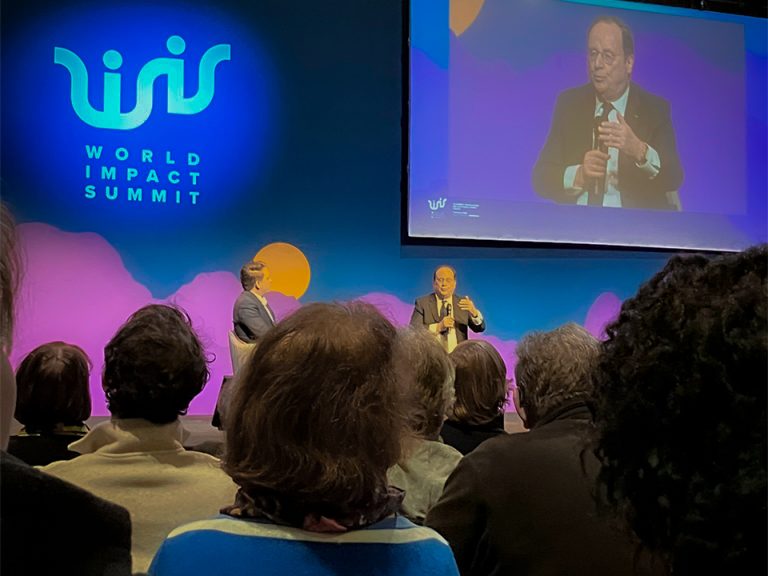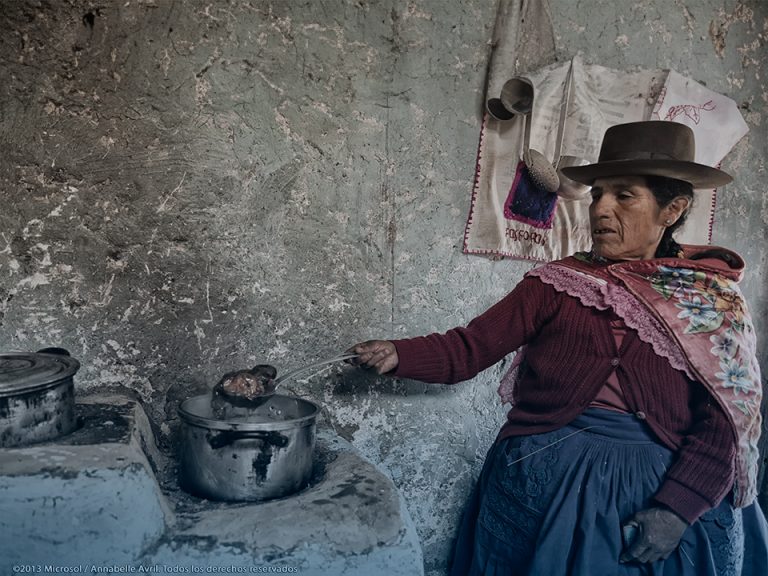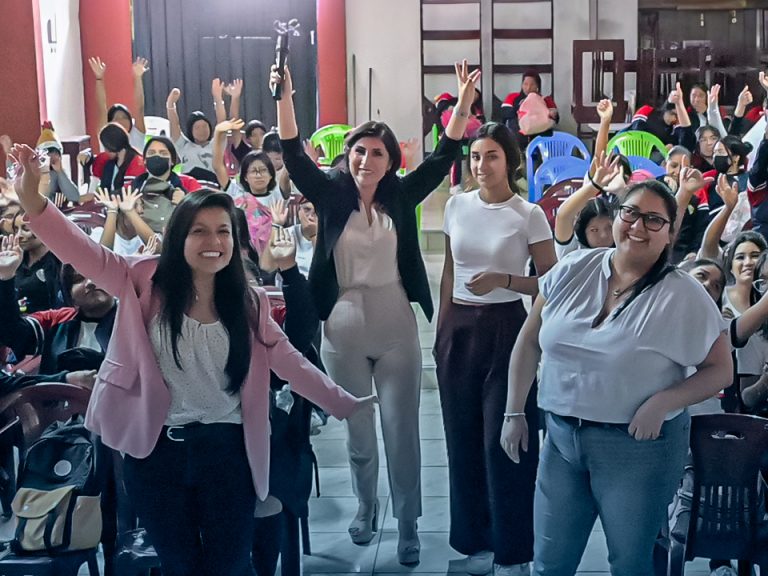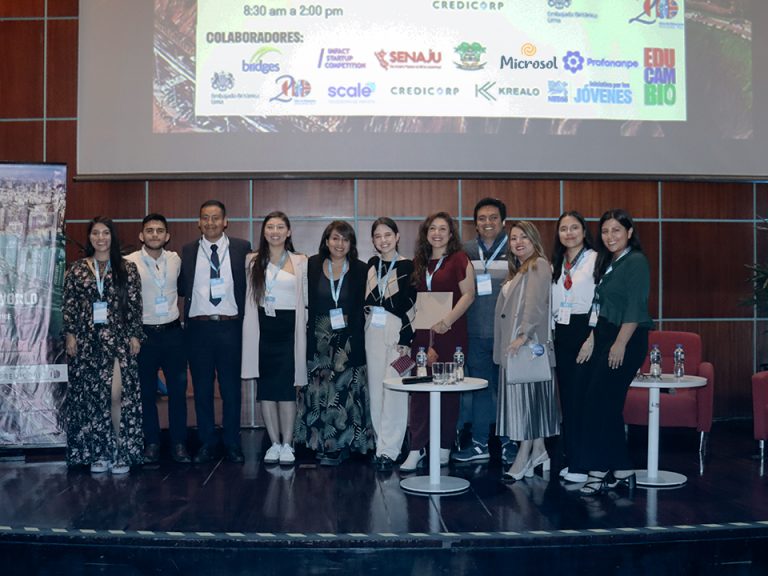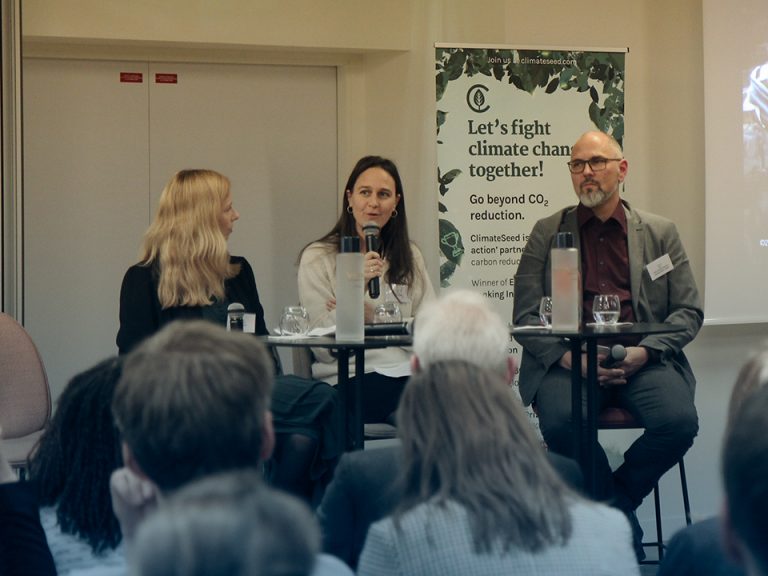In a gala event held at the Jose Antonio Deluxe Hotel on August 24, Microsol, a Franco-Peruvian social enterprise, commemorated its 15 years of work and environmental and social commitment in favor of rural communities in Latin America vulnerable to the effects of the climate change. In this event we were accompanied by clients, partners, operators and other key actors from the public sector, organized civil society, academia and the private sector who believe in the importance of reducing greenhouse gas emissions while generating a strong impact. positive social.
Microsol, since its inception, sought to be an innovative company that contributes to building a fairer, more sustainable world that is aware of environmental problems. These challenges are very diverse and generate significant gaps in the quality of life of communities. The lack of access to services, precarious living conditions and limitations to access resources and opportunities to satisfy basic needs, are increased by the effects of climate change.
Microsol programs and where we work.
To contribute, Microsol found, through improved cookstoves, a simple solution to a very complex problem. This technology improves the health of families, reduces the time and resources they invest in preparing their food, as well as the pressure on local forests or other natural resources. Likewise, improved stoves promote equity, sustainable development and resilience in the face of social and environmental challenges.
Thus, in 2008, the Qori Q'oncha ('Golden Kitchens' in Quechua) program was born, becoming one of the first improved stoves introduced into the voluntary carbon market worldwide. Shortly after, in 2012, the company began the implementation of its second program, Utsil Naj ('A healthy home for all' in Maya), in the countries of Mexico, Guatemala and Honduras.
Recently, in 2021, Microsol signed an agreement with the Swiss institutions Climate Cent Foundation (CCF) and the KliK Foundation for the purchase of Mitigation Results (ITMO) under article 6.2 of the Paris Agreement, thus creating the Tuki Wasi Program ( 'nice house'); one of the first ITMO programs for improved stoves in the world, and the first in Peru with a goal of installing 60,000 improved stoves nationwide, which will benefit approximately 300,000 people in vulnerable areas of the country. Through these stoves, the aim is to reduce GHG emissions between 480,000 and 960,000 tCO2e by the year 2030.
Gallery:


